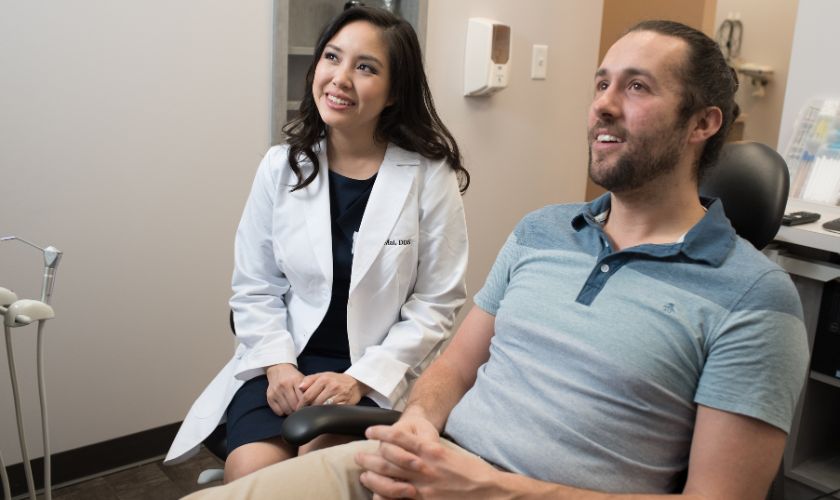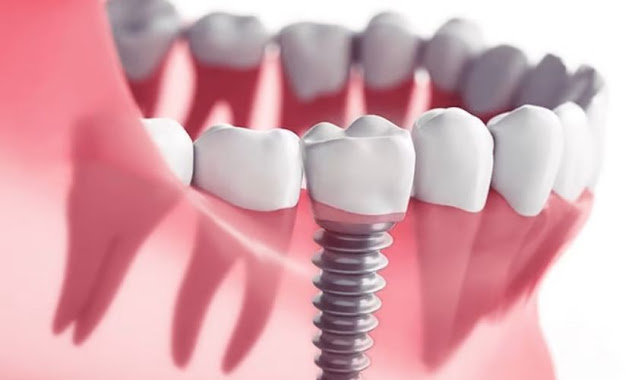How To Stop Snoring - Tips and Treatment
Snoring can be problematic for specific people or a severe health concern. You may discover how to stop snoring during sleep and determine whether you need to speak with a doctor about your snoring by trying a range of strategies.
What Is Snoring?
Everybody occasionally snores, but it's usually nothing to worry about. You snore when your throat and nose can't move air quickly when you're asleep. By causing the tissues in the area to vibrate, the snoring sound is created. Snorers frequently have excessive amounts of "floppy tissue" in their throats and nasal passages. The position of your tongue might also hamper smooth breathing.
Use Snoring Prevention Techniques At Night
Not every treatment works for everyone, so if you want to stop snoring, you may need to be patient, make some lifestyle adjustments, and be open to trying various treatments.
Reposition yourself in bed.
Instead of sleeping on your back, try to turn over.
Consider a mouthpiece that reduces snoring.
Clear nasal passageways.
Keep the air moist in your bedroom
Medical Treatments
Your doctor might advocate using a surgical technique or medicinal device like:
Permanent positive airway pressure (CPAP) is a machine at your bedside that will pressure air into a mask you wear over your nose or face to maintain your airway open while you sleep.
The procedure known as laser-assisted uvulopalatoplasty (LAUP) involves making tiny cuts in the soft palate on either side and shortening the uvula, the dangling soft tissue at the back of the throat. The tissues around the cuts become stiffer as they heal to stop the vibrations that cause snoring.
The Pillar treatment, also known as palatal implants, involves putting tiny plastic implants into the soft palate to prevent the collapse of the soft palate, which can result in snoring.
The soft palate and uvula tissues vibrate when snoring are removed during somnoplasty. It takes roughly 30 minutes to complete the surgery while receiving a local anesthetic.
By advancing your lower jaw or your tongue as you sleep, custom-made dental gadgets and lower jaw positioners aid in opening your airway. You must visit a dentist specializing in these gadgets for optimum outcomes.
Some operations, such as uvulopalatopharyngoplasty (UPPP), thermal ablation palatoplasty (TAP), tonsillectomy, and adenoidectomy, can make your airway bigger.
Dentist In Puyallup
When an underlying medical problem causes snoring, you sometimes can't stop it by treating the immediate cause. People with obstructive sleep apnea may snore in addition to other symptoms such as daytime fatigue, morning headaches, gasping or choking while asleep, and feeling groggy upon awakening.
Consult your dentist in Puyallup if you think that your snoring is an indication of obstructive sleep apnea. The other symptoms of this illness can be relieved when your snoring is resolved or considerably reduced after receiving a diagnosis and therapy.





Comments
Post a Comment